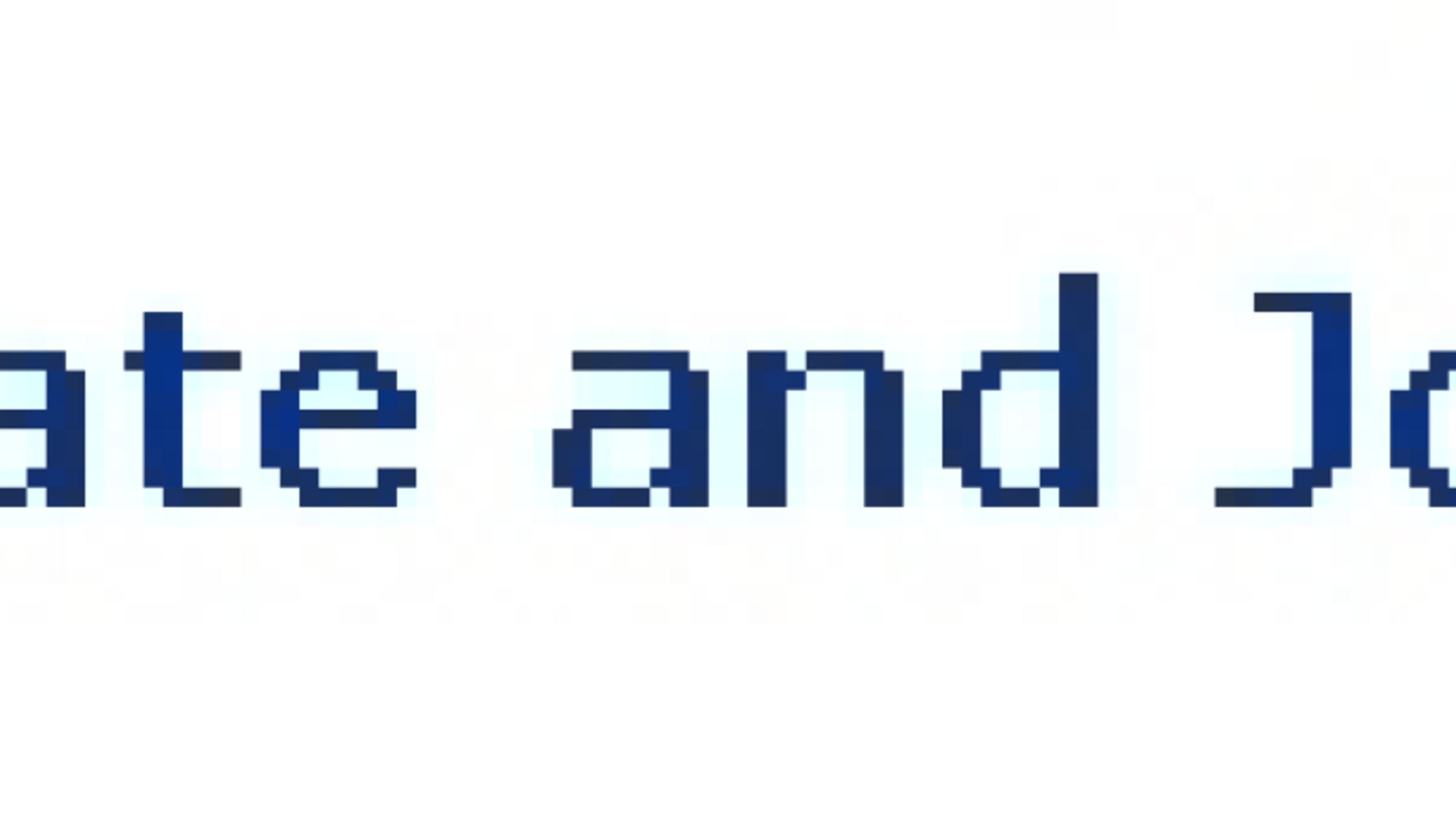Academic Editor Interview – Peter Sommer
Dr. Peter Sommer is the head of the Cell Biology of Retroviruses group at the Institut Pasteur Korea and the Section Editor for Virology at PLoS ONE. A few weeks back, Dr.Sommer provided us with his top picks of PLoS ONE articles in Virology and a couple of weeks ago I got in touch with him for a brief intervew:
BZ: I’d like to start with a bit more detail on your scientific background – what brought you into the research on viruses?
PS: I studied Biology at the Saarland University, Germany, and also obtained my PhD there, working on gamma-herpesviruses. This allowed me to gain first insights into the ‘world of viruses’ and I got quite interested in the biological diversity in this research area. I then moved on to Institut Pasteur, Paris, and joined Simon Wain-Hobson as a post-doc. I switched my focus to retroviruses (e.g. HIV/SIV) and had the chance to study certain aspects of HIV/SIV pathogenesis in vitro and in an animal model. During this time I started to fully appreciate the complexity implicated in the research on viruses. Currently I am focused on HIV drug discovery and host factors involved in viral replication, but I am still fascinated by various aspects related to viral infections spanning quite different areas such as evolution, population dynamics, cellular and molecular biology, immunology, physiology and so on.
BZ: What was it that attracted you to PLoS ONE in the first place?
PS: This is rather a question of the ‘who’ than the ‘what’. When I joined Institut Pasteur Korea in 2006, Phil Bernstein, who was involved in the launch of PLoS Biology, was the Head of Scientific Affairs and International Relations at the institute. Phil told me about PLoS ONE and that the journal was looking for academic editors. Since I liked the idea of Open Access and to publish papers with a novel, scientifically sound message irrespective of the potential impact, I felt this is a good chance to support these concepts as well as to learn more about scientific publishing in general and I joined the Academic Board early in 2007.
BZ: How many hours a week would you say you devote to PLoS ONE and when do you fit that into your busy schedule?
PS: That is about one hour per day. In particular, I try to proceed with the assignments of reviewers or academic editors as quickly as possible.
BZ: How does the peer-review process on PLoS ONE work? What is the standard of peer-review on PLoS ONE?
PS: In general, the process is very similar to other journals in that manuscripts are usually sent out for review by 2-3 outside experts and decisions are made taking their opinions into account. There are additional options, for instance AEs can decide directly or can start a ‘consultation session’ with other members of the Academic Board. The standard of peer-review is high and the criteria for acceptance are strict, but do not consider the potential impact of a manuscript, which should be rather judged by the scientific community.
BZ: How quickly does this process move?
PS: In my experience, the process moves rather quickly. Usually it takes about 4 weeks from initial submission to a decision to reject, accept with modifications or accept as is. This is also due to the excellent work of the many external experts, who usually provide their comments in short time.
BZ: What’s the general quality of submissions like?
PS: In my opinion, the quality is very good. Of course, since we do not judge the potential impact of a manuscript, there are some papers with rather limited focus, which may nevertheless be important for people working in that specific area. On the other hand, the majority of manuscripts deal with hypothesis-driven research, reporting on novel findings and the general quality of the manuscripts in my field is high.
BZ: What would you say is the ‘best’ paper you have handled and why?
PS: I do not see ‘the best paper’. There are several good papers I handled and there are certainly different reasons, why I personally consider a paper important or not. I think there are too many variables in this question.
BZ: What do you feel makes PLoS ONE relevant to scientists?
PS: For me, there are two main aspects. First, I think it is important to publish scientifically sound research irrespective of a potential impact. There are so many studies done each day around the world and not everything will be a ‘block buster’. Yet, many of these studies will contribute a useful piece of information for people working in the same field and thus deserve publication because they contribute to an overall progress. The second very important aspect is Open Access, which ensures that everybody has access to this information.
BZ: Thank you very much for your time. It was great fun talking to you.
